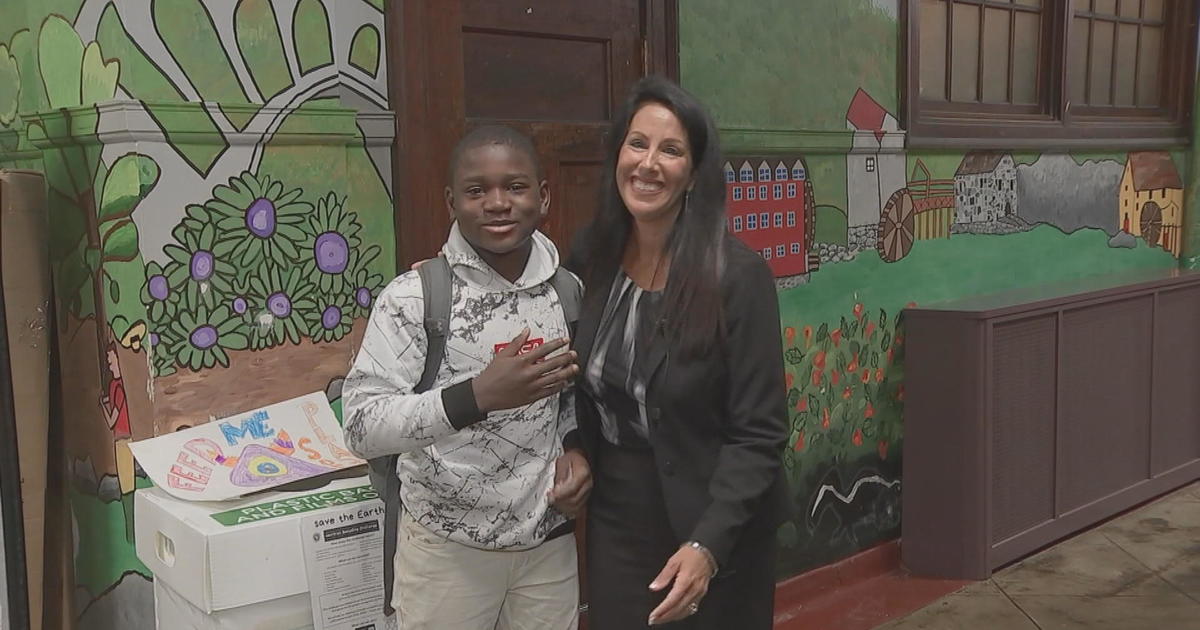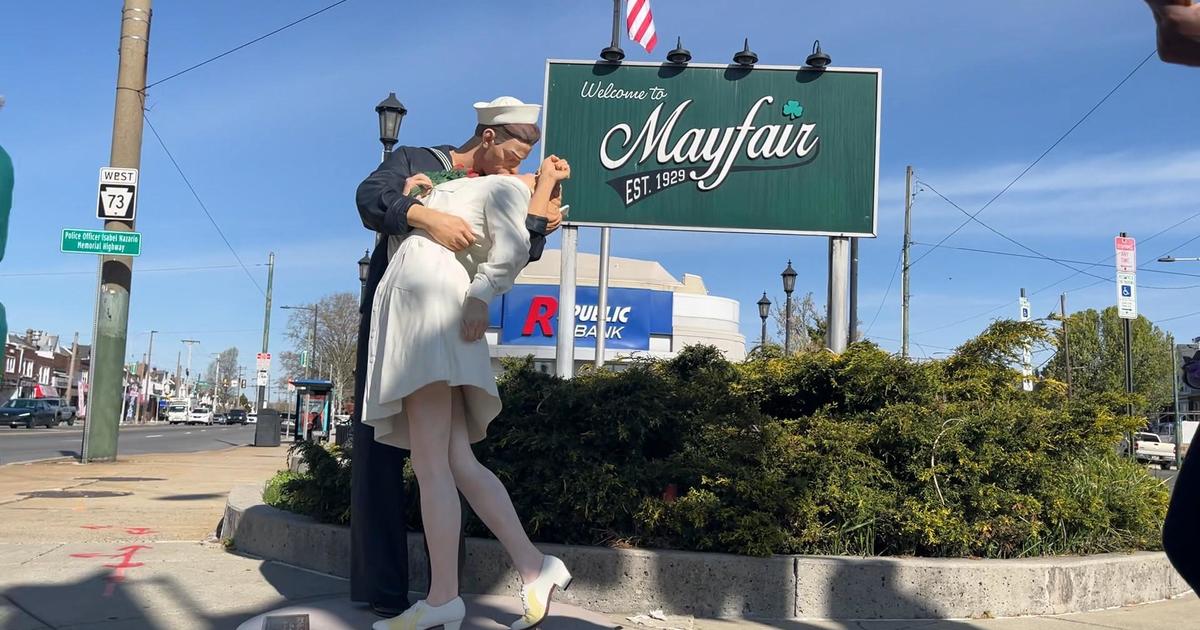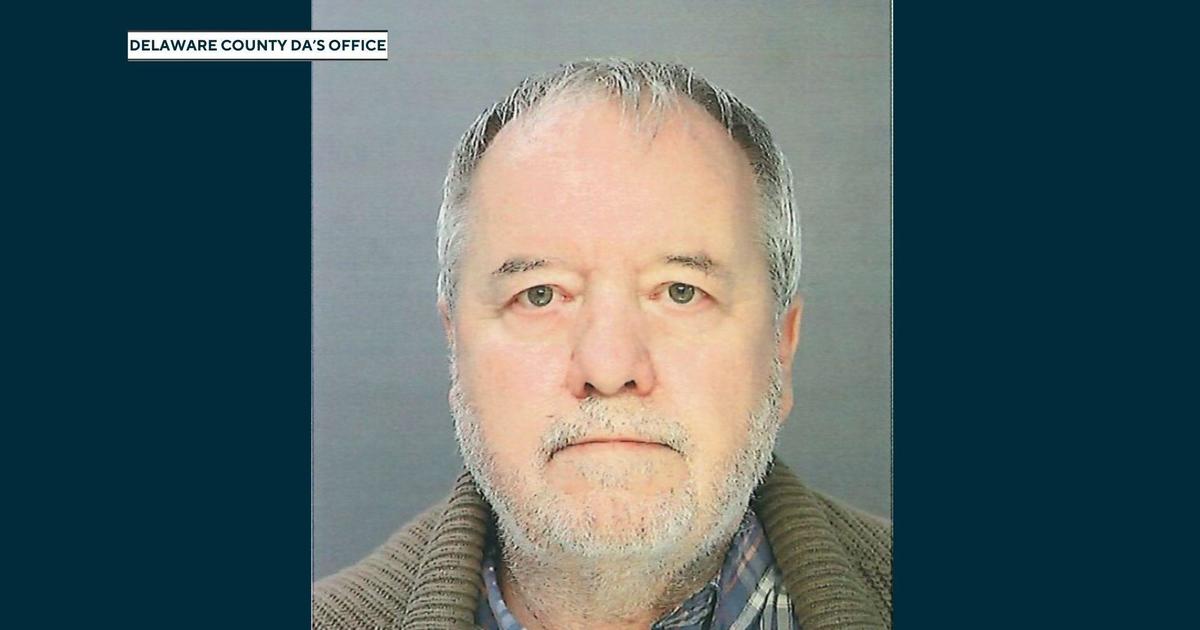Football Star Says His Mission Is To Save Lives
By The American Society of Colon & Rectal Surgeons
No one expects to be diagnosed with colorectal cancer, especially a former professional football player who takes pride in staying in good physical condition. Yet that's exactly what happened to former Philadelphia Eagles wide receiver Vince Papale. Vince, 56, is now on a crusade to encourage men and women over age 40 to get screened for colorectal cancer.
"I am a big-time advocate of colorectal screening for people my age, especially men who might think it's not macho, because it saved my life," said Vince, a South Jersey resident. "My mission is to save lives. A single screening examination performed on people with no symptoms beginning at age 40 – 50 will greatly increase the chances of long-term survival from the disease or preventing it altogether."
Married with two young children, Vince had no reason to believe he was ill. His yearly cardiovascular test results looked more like those of someone 10 or 20 years younger. Vince appeared to be the picture of health and vitality.
"As far as I was concerned, I was healthy as a horse," recalled Vince, who defied the odds in 1976 to make the Eagles as a 30-year-old-rookie. (He still holds the record as the oldest rookie in NFL history who never played college football, excluding kickers.)
Yet Vince's wife wisely suggested that, because of his age, he should undergo a full physical. Vince's family physician detected blood in his stool and referred him to Dr. Scott Goldstein, a colorectal surgeon at Thomas Jefferson University Hospital in Philadelphia and a Fellow of American Society of Colon and Rectal Surgeons (ASCRS).
In April 2001, Dr. Goldstein performed a colonoscopy – an exam using a scope that views the entire colon – and found several polyps. During the procedure, Dr. Goldstein was able to remove all but one of the polyps, which were non-cancerous. A month later, he performed another colonoscopy and removed the remaining polyp, which was cancerous.
"The procedure was quite painless," Vince explained. "I was given an anesthetic and was out for a few minutes."
In June 2001, Dr. Goldstein performed laparoscopic surgery to remove 18 inches of Vince's colon as a precaution to make sure the cancer had not spread. The procedure took 6 1/2 hours but went smoothly. Because the disease was caught early and had not spread, Vince did not need radiation or chemotherapy treatment.
"Vince is a classic example of how early screening before symptoms occur can prevent colorectal cancer from ever developing or becoming life threatening," said Dr. Goldstein. "The possibility of curing patients after symptoms develop is only 50%, but if colorectal cancer is found and treated at an early stage before symptoms such as bleeding or abdominal pain develop, the opportunity to cure it is 80% or better."
The laparoscopic surgery enabled Vince to recover extremely quickly. He was in the hospital for just four days instead of the expected 10 and went back to work after just a week after the procedure. Vince, who worked as a television and radio broadcaster after his football career, is now a senior account executive for higher education marketing at Sallie Mae, which offers federally guaranteed loans to students and universities.
"My recovery was extraordinary because of the procedure and my conditioning," Vince said. "I worked out before the surgery and prepped myself like it was the Super Bowl. Three days after the surgery I was walking two miles in the hallway."
Normally, it is recommended that patients follow up with their surgeons every three months for the first couple of years after surgery. But after examining Vince in October 2001, Dr. Goldstein said he would not have to see him again until May 2002.
In addition to being proficient in general surgery, colorectal surgeons like Dr. Goldstein have specialized training, knowledge, and surgical skill with regard to problems of the colon, rectum, anus, and small bowel. Studies have shown that patients treated by colorectal surgeons are more likely to survive colorectal cancer because of the surgeons' additional education, training, and experience performing a high volume of colorectal surgeries.
This information is courtesy of the American Society of Colon & Rectal Surgeons (ASCRS). Visit their website for more patient success stories.



